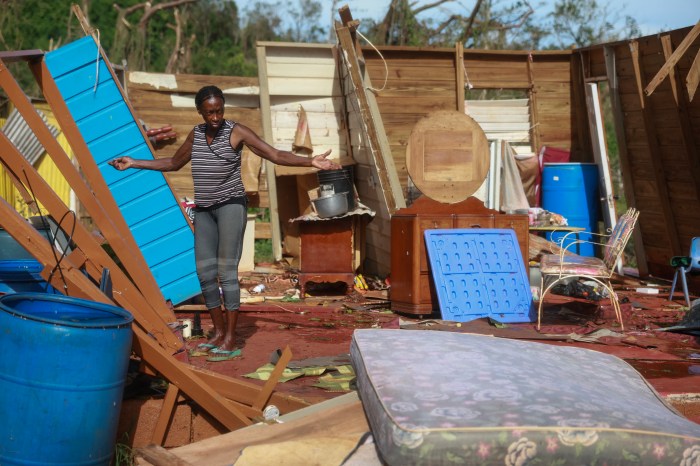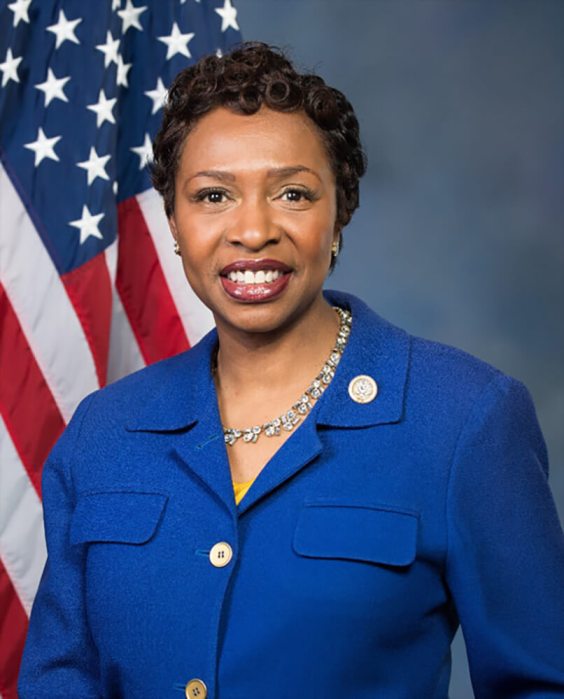Rastafarians and reggae singers have been lobbying for the decriminalization of marijuana for decades. Grammy-winning singer/songwriter Peter Tosh recorded perhaps the most known advocacy song he named “Legalize It.”
And Bob Marley, the king of reggae emerged the poster image to promote smoking weed AKA ganja.
Now it seems, members of Jamaica’s House of Representatives are ready to embrace the controversial issue. Although a bipartisan decision in Parliament is pending, at a meeting in Kingston an agreement to decide the formal launch of the Future Ganja Growers Association culled numerous advocates and decision-makers who said their next task is to establish a local ganja industry to “represent the best interests of the various stakeholders, giving primacy of place to the traditional ganja cultivator for a specified period.”
Spearheaded by Cannabis Commercial and Medicinal Research Taskforce (CCMRT) the meeting convened Phillip Paulwell, Jamaica’s Minister of Science, Technology, Energy and Mining who announced that “ganja will be decriminalized in Jamaica this year.”
Paulwell, leader of government business in the House of Representatives, reportedly added “Jamaica cannot be allowed to be left behind on the issue.”
Jamaica could be the first English-speaking Caribbean country to decriminalize ganja and if Paulwell has his way, the island could usher in a new era allowing Jamaicans to grow marijuana for medicinal purposes under state regulation.
Along with representatives from the Ganja Law Reform Coalition, the National Alliance for the Legalization of Ganja and several members of civil society, the group chaired by Archibald McDonald, Principal Professor, University of the West Indies, Mona comprised a taskforce that will ultimately aid in the legitimization.
The association stated that they would lobby the Jamaican Government for the establishment of “a properly regulated cannabis industry in all aspects, cultivation, agro-processing, medicinal and its many and varied by-products;” and promote control, education and taxation “as important planks of a regulated cannabis industry.”
They outlined guidelines for a legitimate industry. They emphasized that a compulsory condition of involvement in the growers association was agreement by members not to take any part, directly or indirectly, in the growing/cultivation of ganja until there is a legal and regulated framework in place.
Delano Seiveright, one of the main task force leaders endorsed Paulwell’s promise that “the multiple economic, social and cultural benefits that Jamaica stands to gain if the laws are adjusted sooner rather than later” are unlimited.
Jamaica will this year join a virtual tidal wave of countries across the globe in decriminalizing marijuana.
The long-contemplated decision could provide an economic boon estimated to be worth billions of dollars. Some advocates are convinced the decision could generate added revenue to the Jamaican economy.























